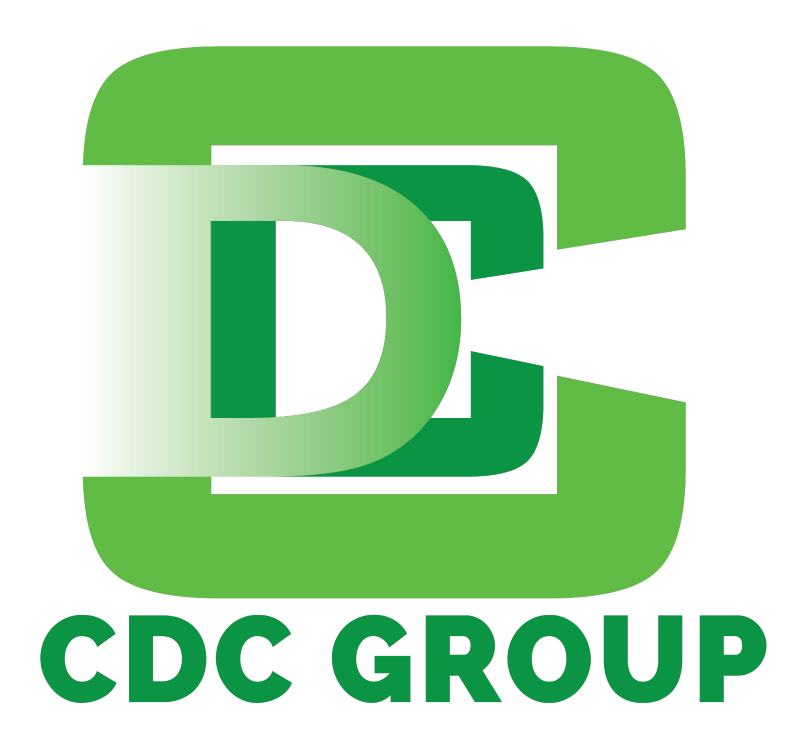Introduction
The blog has not seen any post in a long while and COVID-19 is not the excuse. I had gone looking and doing other things but now I am back to the blog and will hopefully post once every two weeks. In the coming posts, I will present my thoughts on issues affecting microfinance providers and proposals that may just contribute to addressing the issues.
Blame No Covid-19
Microfinance providers especially non-bank actors in Ghana have suffered various levels of decline in the face of COVID-19, but practitioners will be the first to admit that, the challenges were there long before the pandemic. Much as COVID-19 might have contributed to the current situation, we need to avoid laying all the blame at the feet of COVID-19. What we choose to do – action or blame – will determine how we solve the issues. I will strongly suggest we choose the path of ACTION instead of BLAME. To act with the intention of succeeding, we need to understand the causes of the issues that confront us as microfinance providers so we can develop innovative solutions.
What Are The Issues?
In a study conducted by CDC Consult for GHAMFIN at the onset of the pandemic, several constraints were identified. The major ones were lack of preparedness in the face of the pandemic; declining deposits and loan repayment in the face of the pandemic; low loan disbursement; increasing operating cost and declining profit margins; loss of customers among others.
What Can Providers Do?
Providers can either find solutions or throw their hands in despair. What are the causes? No one could have imagined a pandemic with disruption capacity as that of COVID-19 in order to have been prepared with various business continuity strategies. The truth however, is that our institutions were never prepared for anything at all. Business continuity plans were available in most of the institutions largely as a requirement of the regulator but were never owned and could not have helped. As a result, the response was completely catastrophic for most institutions.
The Role Of Good Corporate Governance In Addressing The Challenges
Effective corporate governance- the presence or absence of it- comes up again in times such as these. I would like to zero in on the availability and capacity of the board of directors to provide leadership and oversight in these uncertain times. A board must have in-depth understanding of the uncertain times and demonstrate the capacity to work with management to plan and execute a response plan. Once this is achieved, the board reverts to an enhanced oversight role to monitor compliance with the response plan and performance. For this to happen, the board has to:
- understand the regulations with focus on what can be done within the confines of regulatory provisions;
- understand market changes and suitability of current products and their delivery channels;
- understand what opportunities are available in the marketplace; and more importantly
- assess available internal resources and structures (people, technology, funding) to determine what can be done to improve performance.
What should boards and institutions be doing?
- Boards have to work with management to carry out scenario planning to determine the best mix of options available to them. With this approach decisions relating for example to staff and market rationalization can be carried out on a more informed basis.
- Institutions are encouraged to take a new look at their business model which in essence is how they create value, who they create value for and how they deliver value.
- Funding as always remains a clear challenge. Without a viable business model, no provider should expect funding to solve their problems in a COVID-19 era. With a strong business model, the right mix of funding can be sought and obtained at competitive cost.
- Staff need to be trained quickly to adjust to digital literacy and orient clients in this direction.
- Investments in shared technological platforms must be made and the overall business processes have to be reinvented.
Some of the above issues and more will be addressed in the next post. See you and keep safe!

